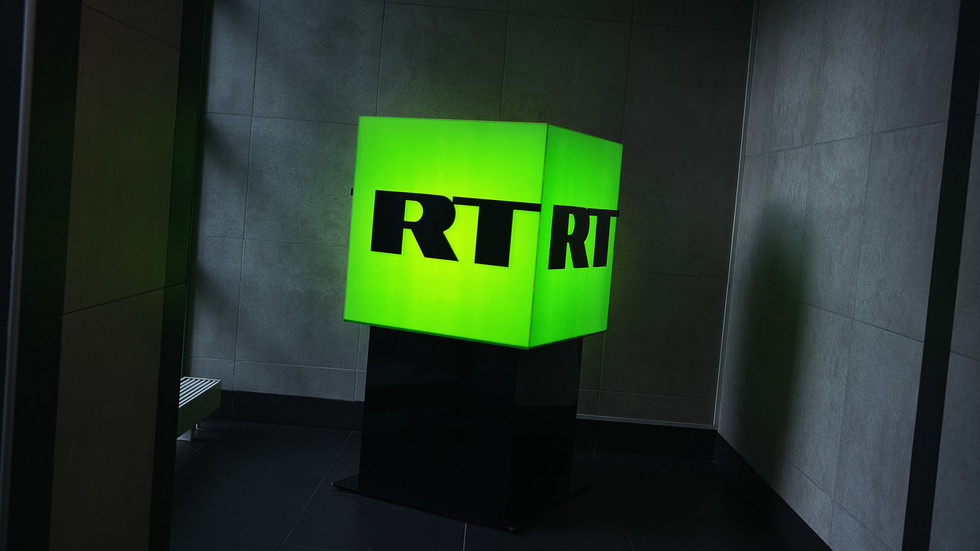
The outlet has an “outsized digital reach” despite Western sanctions, the EU branch of the US-based news website has lamented

FILE PHOTO © Misha Friedman / Getty Images
The European newsroom of Politico, the Washington-based digital news website, appears to be perturbed by the online footprint of what it dubbed “Kremlin-backed accounts,” particularly those run by RT and Sputnik, which, according to it, have “an oversized digital reach.”
Politico expressed veiled concern with the competition on Monday in a story about purported Russian propaganda and its employment of the Middle East conflict to boost anti-Western sentiments around the world.
“Collectively, these companies boast millions of followers in Europe, Latin America, and Africa, even though the EU has imposed sanctions on their broadcast and social media operations,” the report noted, referring to the RT and Sputnik platforms.
The US and its allies have been trying to undermine Russian messaging for years. After the Ukraine conflict escalated into open hostilities last year, Washington pressured RT’s sister channel in the US to shut down, while Brussels prohibited social media from showing posts by RT to users in the EU.

Read more
Earlier this month, Luxembourg’s Tageblatt newspaper urged tougher restrictions for Russian media, arguing that Europeans had many ways to bypass government censorship, resulting in “pro-Russian narratives” remaining popular among audiences.
Some Western officials have complained about Russian digital reach too. Gen. Laura Richardson, the commander of United States Southern Command, said last month that Washington should “do better” in the “informational domain” in Latin America, where she believes more funding of pro-Western narratives is required.
Politico’s piece was largely based on data about Russian online messaging provided by the Alliance for Securing Democracy (ASD), the American think tank behind the infamous ‘Hamilton 68 Dashboard’. Launched in 2017, the digital tool purported to show in real time “disinformation” being pushed online by Moscow, based on monitoring of an undisclosed set of social media accounts.
The tool was revealed to be bogus by Twitter Files, a series of leaks of internal Twitter (now X) documents sanctioned by Elon Musk, after he purchased the company last year. Journalist Matt Taibbi reported reverse-engineering the secret list of approximately 600 “pro-Russian” accounts, which he said included “mostly real, mostly American accounts.” Western media relaying claims made by ASD misrepresented them as “Russian bots.”
READ MORE: Key ‘Russian bots’ claim was false – Twitter documents
Hamilton 2.0 comes with a disclaimer that it would be incorrect to “label anyone or anything that appears on the dashboard as being connected to state-backed propaganda” without additional analysis.




